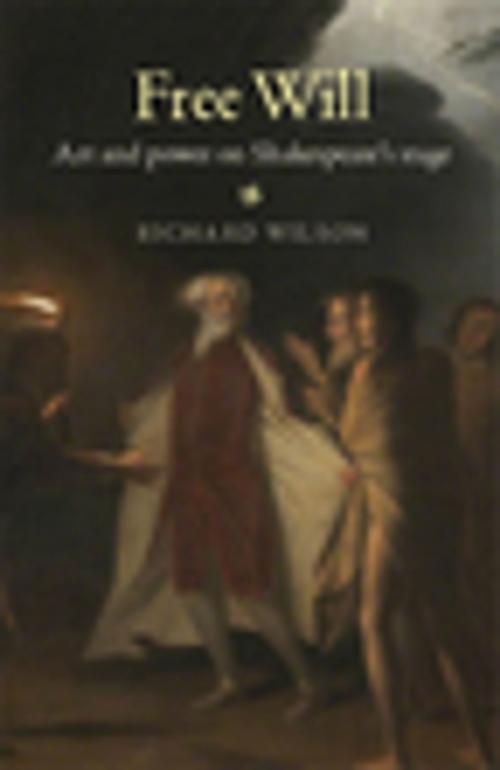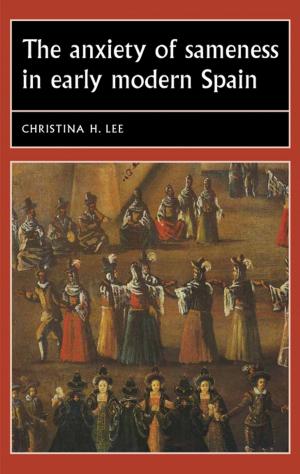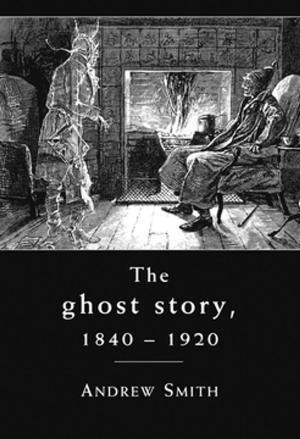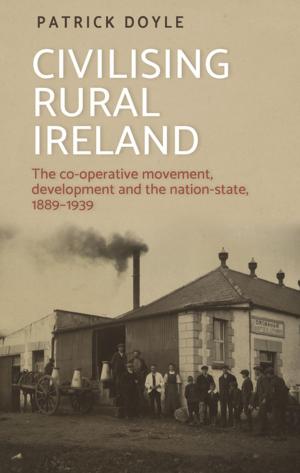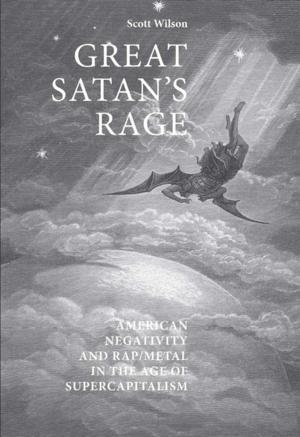Free Will
Art and power on Shakespeare's stage
Fiction & Literature, Literary Theory & Criticism, British, American| Author: | Richard Wilson | ISBN: | 9781526111043 |
| Publisher: | Manchester University Press | Publication: | May 16, 2016 |
| Imprint: | Manchester University Press | Language: | English |
| Author: | Richard Wilson |
| ISBN: | 9781526111043 |
| Publisher: | Manchester University Press |
| Publication: | May 16, 2016 |
| Imprint: | Manchester University Press |
| Language: | English |
Free Will: Art and power on Shakespeare’s stage is a study of theatre and sovereignty that situates Shakespeare’s plays in the contraflow between two absolutisms of early modern England: the aesthetic and the political. Starting from the dramatist’s cringing relations with his princely patrons, Richard Wilson considers the ways in which this ‘bending author’ identifies freedom in failure and power in weakness by staging the endgames of a sovereignty that begs to be set free from itself. The arc of Shakespeare’s career becomes in this comprehensive new interpretation a sustained resistance to both the institutions of sacred kingship and literary autonomy that were emerging in his time. In a sequence of close material readings, Free Will shows how the plays instead turn command performances into celebrations of an art without sovereignty, which might ‘give delight’ but ‘hurt not’, and ‘leave not a rack behind’. Free Will is a profound rereading of Shakespeare, art and power that will contribute to thinking not only about the plays, but also about aesthetics, modernity, sovereignty and violence.
Free Will: Art and power on Shakespeare’s stage is a study of theatre and sovereignty that situates Shakespeare’s plays in the contraflow between two absolutisms of early modern England: the aesthetic and the political. Starting from the dramatist’s cringing relations with his princely patrons, Richard Wilson considers the ways in which this ‘bending author’ identifies freedom in failure and power in weakness by staging the endgames of a sovereignty that begs to be set free from itself. The arc of Shakespeare’s career becomes in this comprehensive new interpretation a sustained resistance to both the institutions of sacred kingship and literary autonomy that were emerging in his time. In a sequence of close material readings, Free Will shows how the plays instead turn command performances into celebrations of an art without sovereignty, which might ‘give delight’ but ‘hurt not’, and ‘leave not a rack behind’. Free Will is a profound rereading of Shakespeare, art and power that will contribute to thinking not only about the plays, but also about aesthetics, modernity, sovereignty and violence.
